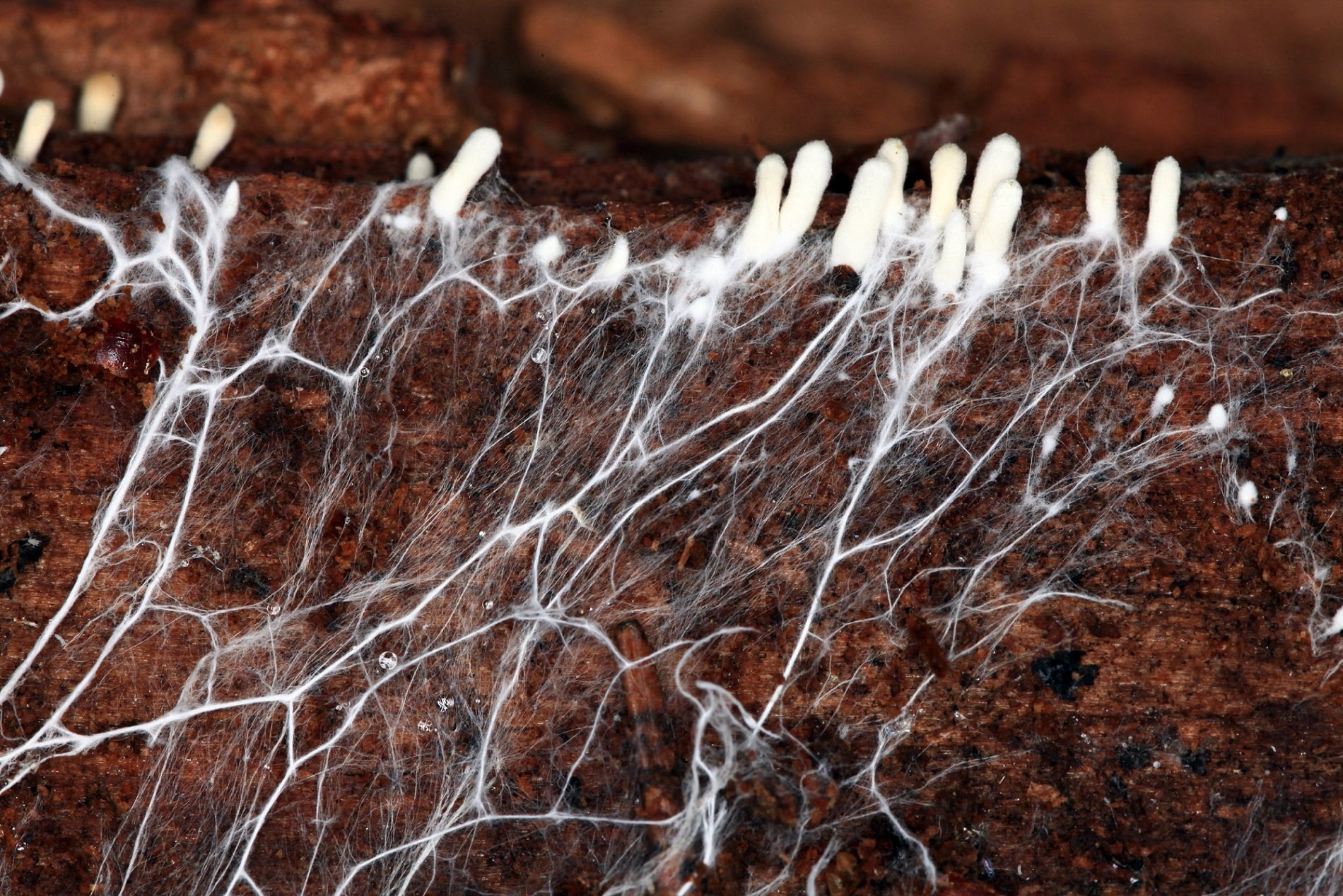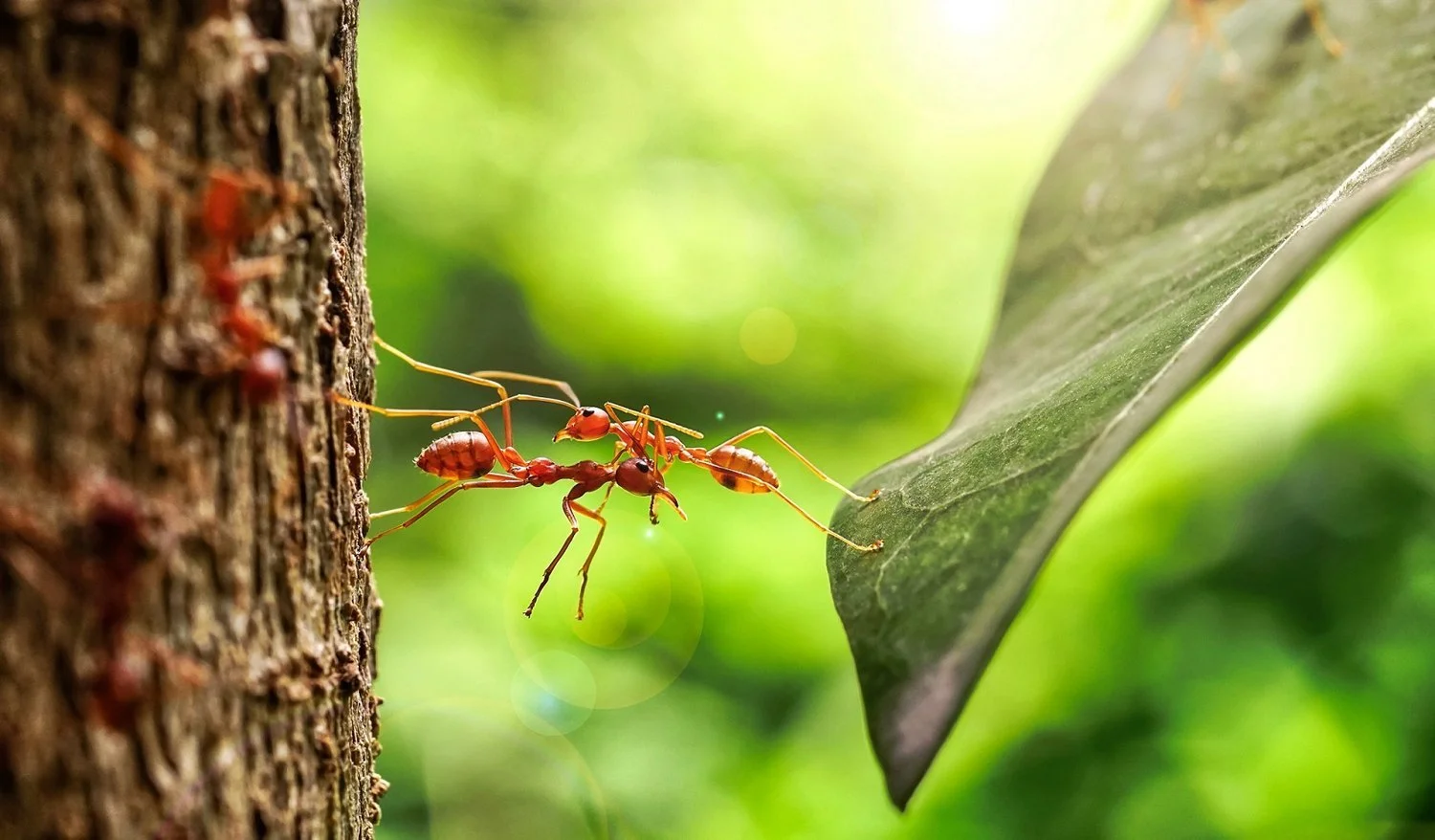News and background on the subject of Environment & biology:

It started with a handful of unusually tiny bones in Spain, and now researchers say they may point to a plant eating dinosaur that does not fit where it is supposed to on the family tree.
Chemists at University College London (UCL) have found a way to show how two of life’s essential ingredients—RNA and amino acids—might have come together nearly four billion years ago.
For a long time, scientists believed this was how fish rested. Surprisingly, research reveals that this seemingly effortless behaviour actually uses almost twice as much energy as genuine rest.
Have you ever wondered how animals adapt to urban life, with its traffic jams and busy streets? A fascinating observation by researcher Dr. Vladimir Dinets sheds light on how some birds might not only survive but cleverly take advantage of human activities—particularly traffic.
Research reveals a concerning trend: America's largest cities are slowly sinking—some faster than others
A team of scientists has developed a new method to create carbon-negative materials using seawater, electricity, and carbon dioxide (CO₂). This new process not only locks away CO₂ in solid form but also yields hydrogen gas, a useful clean fuel.
You may have noticed fewer butterflies in your backyard. Researchers now have data confirming that they are disappearing across the United States at an alarming rate.
Scientists have discovered that mountain ranges, where deep mantle rocks are exposed, may hold significant natural hydrogen resources, potentially offering a new route to cleaner energy.
Bio-based materials intended to replace traditional plastics might actually pose a greater health risk to some of the planet's most crucial species than plastics themselves.
Researchers at the University of California, Berkeley have developed a very smart process that has to potential to close the loop on plastic waste.
New research by the universities of Exeter and Oxford suggests that concentrating on just one objective when restoring forests can be a potential pitfall. In this article we will briefly go over why that is the case.
Scientists discovered something amazing about fungi: they can maintain cooler temperatures than their surroundings
Have you ever wondered if there's a way to make plastic disappear after it's no longer needed? Researchers at the University of California San Diego might have found an answer.
Researchers from the UK have recently pieced together clues from fossil fragments that point to a potentially enormous discovery—a new species of marine reptile that could have been one of the largest ever.
Flamingos in East Africa are facing an unexpected threat that could disrupt their populations and the ecological balance of the region.
Scientists forecast severe climate change impacts on Canada and Alaska's boreal forests and tundra by 2500, stressing the need for global cooperation and long-term planning
A study from the University of Colorado Boulder indicates that the Arctic might start experiencing summers almost completely without sea ice in just a few years
Researchers have discovered a significant transformation in Greenland, with ice retreating and vegetation advancing rapidly.
Discover the evolutionary link between feathered dinosaurs and modern birds, exploring how proto-wings in ancient creatures like Caudipteryx set the stage for the flight of today's birds
Scientists are developing a light-based communication system to interact with plants aiming to activate specific genes in plants to trigger their defense mechanisms or adjust growth patterns.
Scientists have finally unraveled the mystery behind ants' global dominance. A groundbreaking study reveals their journey alongside flowering plants, forming a mutual bond that shaped ecosystems for over 100 million years. This research sheds light on the profound impact of plant communities on biodiversity, emphasizing the delicate balance of nature's interplay.
Groundbreaking research from the Lawrence Berkeley National Laboratory unveils an innovative way to create infinitely recyclable plastic, propelling us closer to a sustainable future
The Megalodon, a huge prehistoric shark that roamed Earth's oceans in the distant past, turns out to have been warm-blooded.
An astonishing revelation in climate science has emerged: the vast, unseen network of mycorrhizal fungi that spans the globe is responsible for storing a significant portion of our planet's carbon.
Scientists have discovered why insects are drawn to artificial light at night. Their insights could aid in designing artificial lights that won't disrupt insects' natural behaviours, contributing to the preservation of declining insect populations.
Researchers at Harvard Medical School have solved a longstanding riddle, dating back over 150 years.
A groundbreaking study in Nature Neuroscience has uncovered that monkeys, similar to humans, can participate in intricate deliberation and decision-making processes.
An MIT study published in Nature Energy explores the potentially dangerous consequences of shutting down nuclear power plants in the United States
















